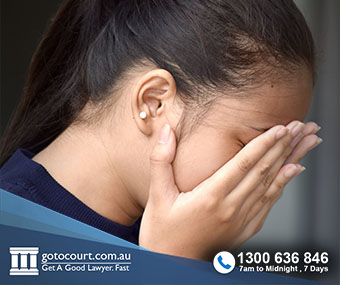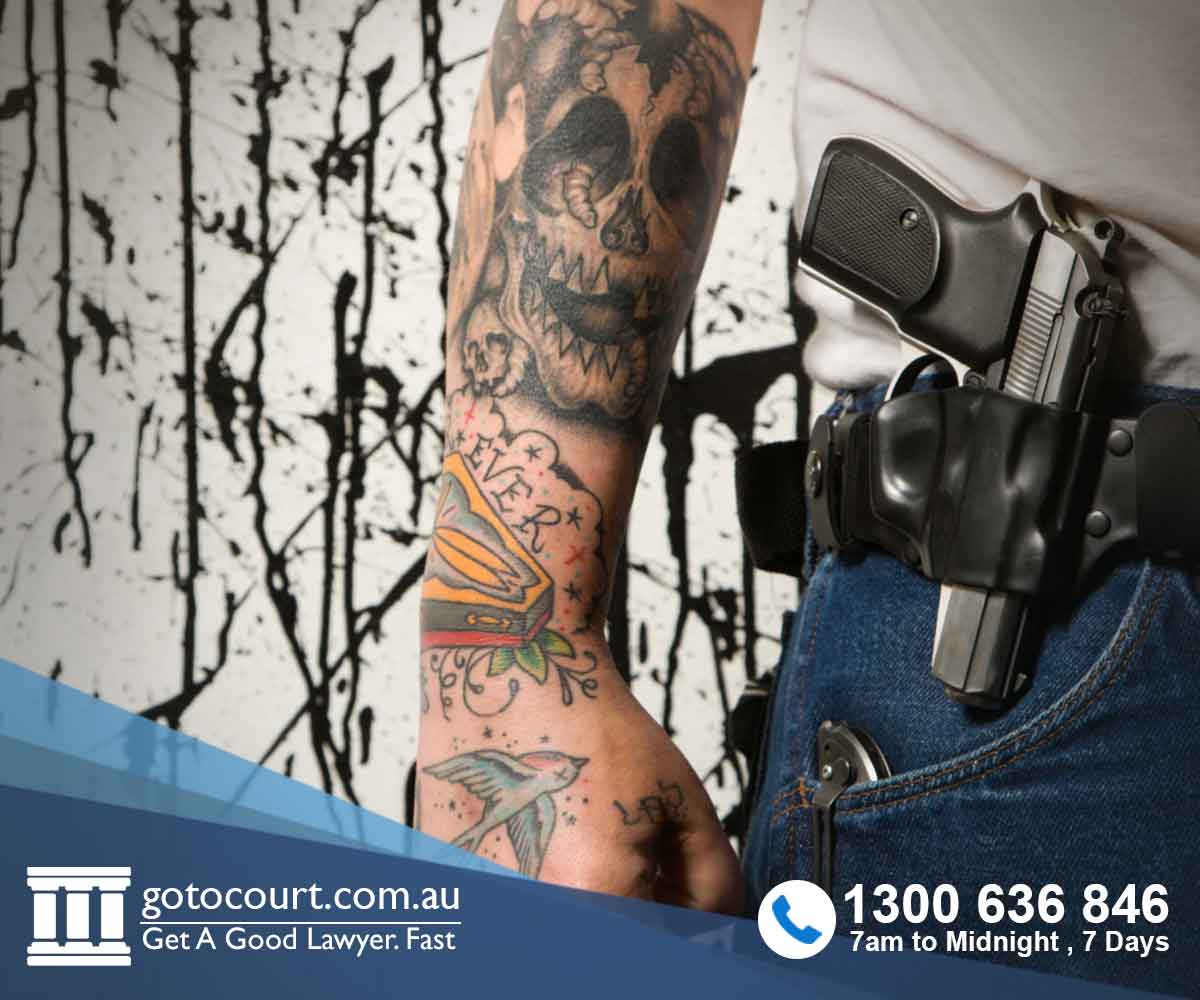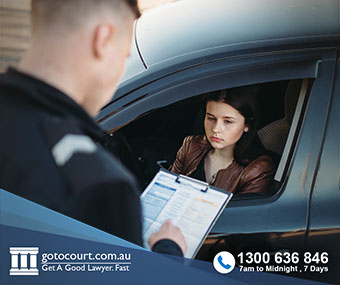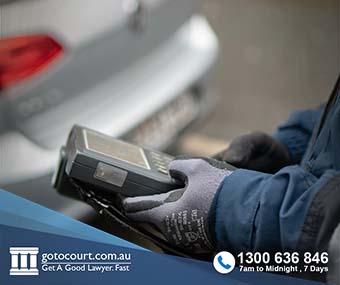Pleading Guilty in South Australia
When a person in South Australia is charged with offences, they must choose between contesting the charges and pleading guilty. There are a number of matters to consider before going ahead and pleading guilty to criminal offences. This article outlines some of the issues that should be considered and the processes involved in pleading guilty in South Australia.
Should you be pleading guilty?
Before pleading guilty to any offence, the accused person should think carefully about whether they should, in fact, be pleading guilty. There are several questions to consider here.
Firstly, are you actually guilty? This may seem simple, but there may be more to it than you realise. Many offences have both a physical element and a mental element (for example, intention or recklessness). In order for the court to find you guilty, the prosecution must prove both the physical elements (actus reus) and the mental element (mens rea) beyond a reasonable doubt.
Secondly, is the summary of the facts that the prosecution has prepared, accurate? Before pleading guilty, you should make sure that you think this summary is correct as you will be sentenced based on it. If it contains statements that you disagree with, you should try to negotiate with the prosecution for it to be amended prior to pleading guilty.
Thirdly, do you have any arguable legal defences? Even if you committed the physical acts that make up the offence, you may not be guilty depending on the circumstances in which it occurred. For example, were you acting defensively or because of an emergency? It is always advisable to get thorough legal advice as to whether there are any legal defences applicable before entering a plea.
Pleading guilty in the Magistrates Court
If you are pleading guilty in the South Australian Magistrates Court, you will either be summonsed to attend court or arrested and bailed or remanded until your first court date. On the day that you appear at court, you can choose to finalise the matter on the day or seek an adjournment to seek legal advice and prepare your case.
When you plead guilty in the Magistrates Court, the charge will be read out to you and you will be asked how you plead. The prosecution will then read the summary of facts to the court and if you have a prior criminal or traffic record, it will be handed up. The prosecutor will make submissions as to the appropriate penalty, outlining any aggravating factors.
The defence will then have the opportunity to make submissions, highlighting any mitigating factors in your offending or personal circumstances. The defence will also have the opportunity to tell the court about any significant steps you have taken to address the issues that contributed to the offending. The defence will be able to hand up supporting documents, such as character references or reports.
The magistrate will then decide on the appropriate sentence. This may be a fine, a community service order, a good behaviour bond or a term of imprisonment.
Pleading guilty in writing
If you are facing minor charges that do not carry a penalty of imprisonment and you are an adult, you can opt to finalise the matter by submitting a written guilty plea. This means completing a form and returning it to the Magistrates Court so that the matter can be finalised without the need for you to appear in court.
When the court receives a written guilty plea, it will impose a penalty and a conviction in the accused’s absence if satisfied that they are guilty of the offence. If the written plea contains information that casts doubt over whether a guilty plea is appropriate, the court will adjourn the matter and summons the accused to attend court to deal with the matter in person.
A young person under 18 does not have the option of submitting a written plea but must attend court to plead guilty in person.
Pleading guilty in the Children’s Court
If a person is charged with an offence that is alleged to have occurred when they were under 18, this will be dealt with in the Children’s Court under the Young Offenders Act 1993. Under that act, a magistrate can impose a range of penalties, including fines of up to $2500, community service orders, and terms of detention.
Major indictable matters
Major indictable matters, such as murder and manslaughter, cannot be finalised in the lower courts. These matters must be dealt with on indictment, which requires a matter to be committed to the Supreme Court or District Court and finalised by way of a plea hearing or jury trial.
Some major indictable matters can be finalised in the Magistrates Court if both defence and prosecution consent to this.
If you require legal advice or representation in any legal matter, please contact Go To Court Lawyers.







